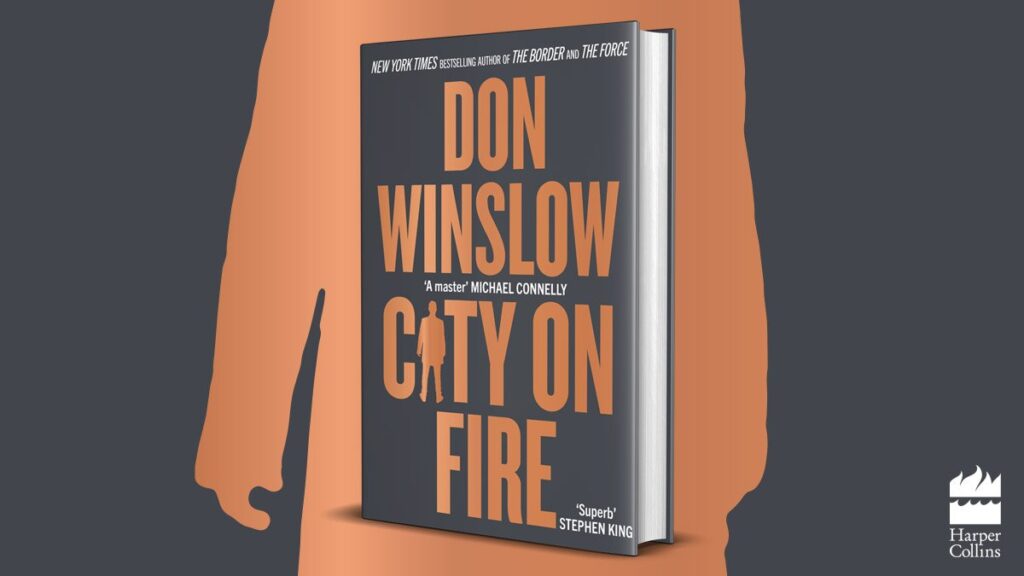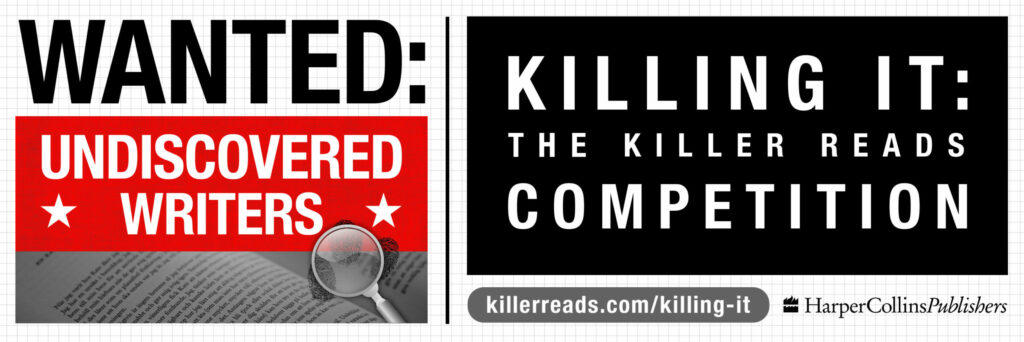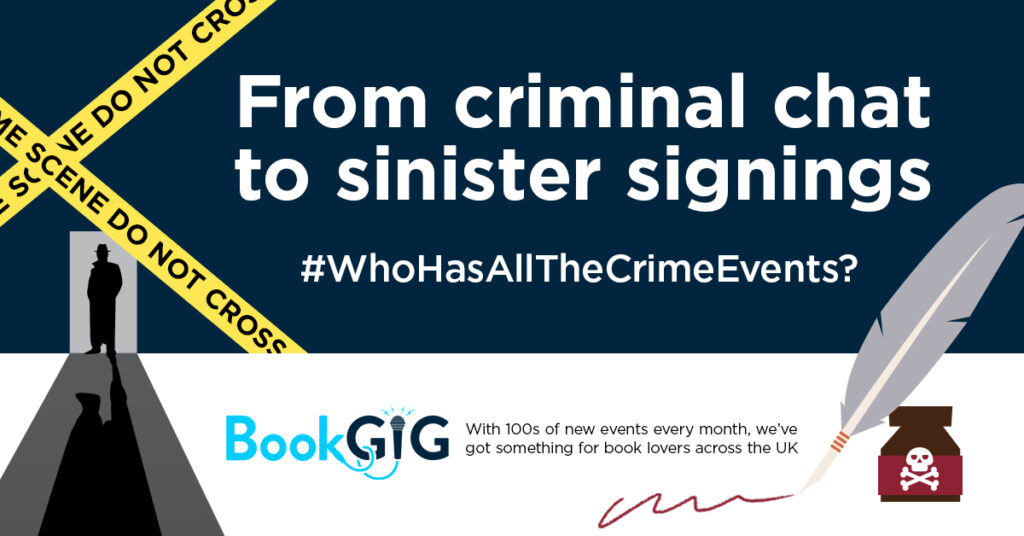Q & A with Zoran Drvenkar, author of SORRY:
The new thriller that ‘surprises, shocks and thrills from start to finish’
(Sunday Express)
What did you want to be at 5, 13 and 20 years of age?
I was mainly struggling with trying to be myself, so I really didn’t think much about being someone else. I started reading at 5 and that’s when the world opened for me. When I was 13, I wrote my first poem. Kitsch met hormones whilst connecting frontally with drama. I loved it and I felt like a genius, almost untouchable. Soon I turned to horror stories and left poems that rhymed behind as soon as I opened my first Bukowski. Other kids open beer bottles, cigarette packs, dirty magazines, I was addicted to books from day one and Bukowski was a nice step in the right direction. From 15 until 22, I was copying everything I read, learning the trade from writers by mimicking them and slowly, very slowly finding my own voice. My head was a melting pot, all the stories I have read were tumbling around in there and something new surfaced on paper.
What prompted you to write your first novel?
There were so many books and ideas and plot twists planted in my brain, that I had to do something – rob a bank, start a cooking class, climb a mountain. I never finished school and hated the time it stole from me as much as I hated the thought to be interested in things you cannot be interested in when you are 12 – like chemistry and mathematics and why a curve does this and that and why worms have their heads next to their asses. After reading every book that came close to me I turned very fast onto the road of writing. I was allowed to think and write and express what I wanted, without limits, without rules. I could bleed out my heart or I could be cruel as hell. It was possible. You can’t say no to that.
The first novel was beautiful trash. It was a fantasy plot, full of naked women and men hunting with swords and bad guys with names like Darkian and Komor. The novel was called WITCHHUNTER and it was written on a typewriter on very thin paper that felt like papyrus. I still have it and the world will never see it.
Where did the inspiration for your novel, Sorry, come from?
In the beginning there was a dream. A rather boring one. In the dream I met three friends. We were standing around and no one was very happy with life. Suddenly I had this idea. Why not open an agency that apologizes to people? And why not call it Sorry.
When I woke from this dream it was around 3 in the morning and I was really tired and I thought about the dream and decided it is really not worth thinking about. But as a writer you learn never to dismiss sentences or ideas. If you dismiss them, you can be sure they will hang on in your mind and you will try to grasp them and they will not let you because you already ignored them once. So I took a pen, didn’t turn on the lights, wrote Sorry into the palm of my hand and fell asleep again. That’s how it started.
In what ways was writing this psychological thriller different to your other works?
It wasn’t. For me there is no great difference between a children‘s book or a thriller. The characters are always in front, and sometimes they are just eight years old, a little crazy and hungry for life. And sometimes they are thirty, very crazy and as hungry for life as an alligator. There is no switch in my head seperating how the story is told as I am not writing for an audience and not trying to please a readership. It is very satisfying to move from one genre to the other, telling the stories that bother me and espescially the stories of my characters.
Which writer or writers have kept you hooked throughout their works?
There are so many, I could fill a country and let them make babys and build houses and by the end of the day there still would not be all of them in that country. Their number is growing all the time. When I was young I learned a lot from William Goldman, Stephen King, Kurt Vonnegut and John Irving. Later I fell in love with Mark Helprin, Richard Laymon, Richard Brautigan, Joyce Carol Oates, Evan Hunter/Ed McBain, Charles Bukowski, Lars Saabye Christensen, Hubert Selby, Larry McMurtry, Andrew Vachss, the early Michael Crichton, John Sandford and a hundred more.
When writing, what quirky habit/s do you have?
The only one unusual thing is that I am totally lost in time. The days melt into each other and I am always waiting for snow. The silence outside makes me sigh, the darkness wakes me up. My writing needs a lot of coffee and tea, a lot of movies and music, even more books and there have to be candles – no cats and dogs, no fish looking at me. Just me and life and good friends dropping by and my muse. You can’t write without a muse. And mine is a star.
How did you feel when Sorry entered the bestseller list almost immediately after release and was placed on the prestigious best of crime list, Krimi-Welt-Bestenliste, in Germany?
I was smiling.
What were the challenges you faced while writing Sorry?
I planned a novel about four friends who have a great idea and turn it into business. It should have been a critical novel about our social life and the way we behave with each other. I knew there was more behind the story, but I didn’t expect it to be so much more. After 150 pages I got scared by the story, as two young characters that were never planned stepped into it. They popped up while I was writing, I let them loose and the story turned on me and I was scared of my own writing. I put the book away for two years, wrote three children‘s books in-between to let the steam out. But a writer has to be loyal to his books and espescially to his characters. So I came back and I turned one winter into a long dark night. I hope I have not to do this again.
What should a new reader expect from Sorry?
Forgiveness.
The reader has to forgive me for the beginning.
So let’s talk to her/him directly:
Dear Reader, I am a nice guy. I hate torture, I don’t mutilate people to put you on edge and I would never hurt you. I love to scare you, to make you feel uncomfortable, so that you start to doubt reality. I really love this. But honestly – you will never see me being unfair to you, all the way along I will try to gain your trust. And if you think my novels starts mean and ugly there are some suprises along the way that I really hope will blow your mind. And I can promise you, the further you get into the novel, the more you will understand why I did the mean and ugly act and I am sure you will forgive and understand me.
As a token of our sincerest apologies, we’re offering the chance for 2 lucky Killer Readers to win a first edition hardback of SORRY. To enter, just answer the question below and email killerreadscomp@harpercollins.co.uk
After his dream, where did Zoran write the word SORRY to help him remember his idea?



